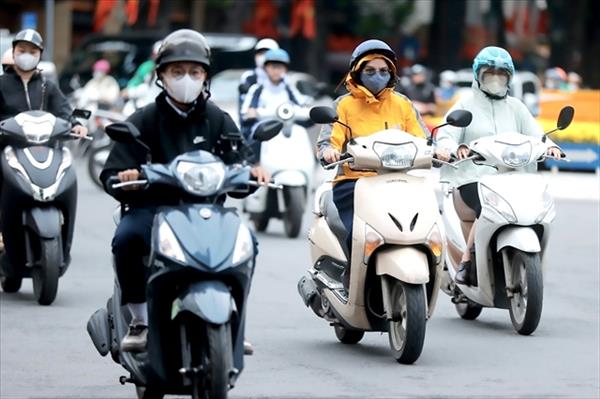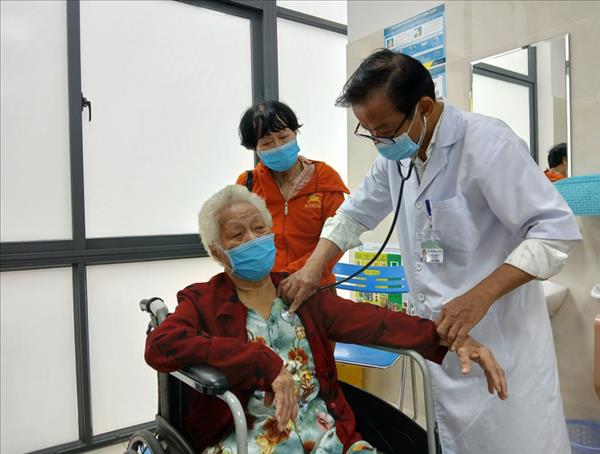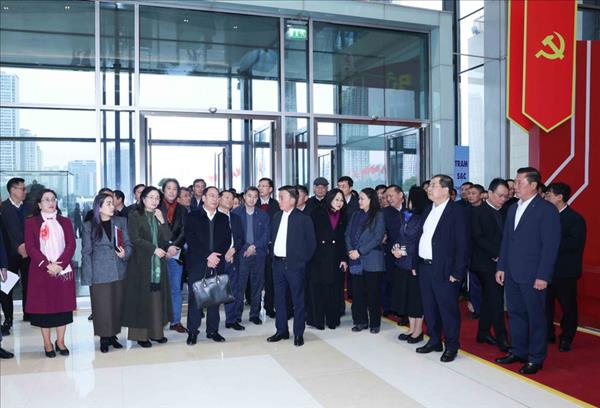Khoa stated that parents often provide their children with mobile devices from an early age. However, he added these children do not have the skills to protect themselves in cyberspace.
A Google survey conducted in 2022 on parents' opinions regarding online safety revealed that the average age of Vietnamese children first owning a mobile phone is nine years old.
However, the average age at which children are informed about information security in cyberspace is 13 years old, Khoa said.
This leaves four years that children are interacting online without being told about the risks they face.
“Young Voice” Vietnam conducted in 2020 by the Management and Sustainable Development Institute (MSD) and Save the Children showed that children often use the internet for learning (83%), entertainment (71%), making friends (71%), sharing information (23%), shopping (30%) and live streaming (6.3%).
Nguyen Phuong Linh, head of the Management and Sustainable Development Institute, said that in cyberspace, children face many risks.
According to statistics in 2020, 40% of children feel unsafe when using the internet, she said.
More than 70% of children have had unwanted experiences such as personal information disclosure, harassing texts and cyberbullying, she said.
The risks become more diverse and unpredictable and do not spare anyone, she said.
Therefore, children need to be educated and equipped with the knowledge to protect themselves and take advantage of technology, she said.
Khoa said cyberspace is a result of digital technology - it needs digital technology to develop, and it also needs digital technology to be safe.
Digital technology products must be created and applied to successfully implement the programme “Protecting and supporting children to interact healthy and creatively in cyberspace in 2021-25” that was issued under Decision No 830 in 2021 by the Prime Minister, he said.
The programmes’ goal is to protect private lives, prevent online harm to children and focus on equipping children with digital immune systems while maintaining healthy cyberspace, developing Vietnamese products and applications for children to learn, connect, and entertain creatively.
Linh said parents and teachers must accompany and help children interact in a healthy and creative cyberspace based on six principles.
The six principles consist of recognising children's right to access and use the internet; helping the children use the internet safely as soon as possible; respecting the children's privacy; understanding the psychology and development of children to accompany them; guiding children to access support when needed; being available when the children need.
Ngo Tuan Anh, general director of Smart Cyber Security, said that when schools equip computer rooms with an internet connection according to regulations, the big challenge is finding and equipping tools to help monitor and manage students.
There are technology solutions that can help schools manage students on the internet conveniently, he said.
"The products apply the cloud computing model, allowing schools to deploy and easily use at a reasonable monthly cost quickly,” he said.
Dinh Thi Nhu Hoa, a representative of Vietnam Cybersecurity Emergency Response Teams/Coordination Centre (VNCERT/CC), suggested primary protection technologies, such as protection technology on operating systems, browsers, applications; child-protection devices and applications on the terminal; and applications that support reflection and inspection./

















